For the first time in the history of the Solar Prize, 10 teams have been selected as winners of the brand-new Power Up Contest. This new contest is designed to support new and diverse entrants to the solar industry. The teams were rewarded $10,000 each for submissions that showed strong potential but weren’t selected to move on to the Set! Contest.
Now in its seventh round, the Solar Prize was designed to nurture a broad spectrum of ideas that can advance the solar industry, from software that improves efficiency, to innovative materials with a lower carbon footprint, to systems that reduce maintenance costs. The Power Up Contest provides a way for an increased number of teams to receive support needed to impact the industry.
Power Up awardees will use their cash award, along with support from American-Made Power Connectors, to strengthen their innovations and business plans to be more competitive in future competitions.
“While only 20 teams can advance to the next stage of the Solar Prize competition, there are certainly more than 20 teams ready to use their perspectives to make a big impact on the solar industry,” said Markus Beck, Manufacturing and Competitiveness Program manager in the DOE Solar Energy Technologies Office. “The Power Up Contest is a way to recognize those innovators and set them on the path to success.”
The Power Up Contest winners are as follows (in alphabetical order):
- Amaterra Tech (Austin, TX) – This team is developing a distributed control system for microgrids that can integrate seamlessly with existing infrastructure. This solution will allow microgrids to expand quickly, reducing costs of adding new storage and generation to the systems.
- Ark Power Systems (Lake Linden, MI) – This solution is a modular, scalable, ground-mount solar racking system that enables the low-cost, fast installation of complete residential and commercial PV systems at scale. This can greatly reduce the soft costs of solar installations.
- Exergi (Buffalo, NY) – This team is developing a residential Solar Turbine System to provide homeowners with another option to adopt solar for those who can’t install on their roofs. It features a low space requirement, placement versatility, and easy installation and uninstallation.
- First Principle Energy (Sunnyvale, CA) – This team is developing a high-strength cable wire rope to mount solar panels, leading to lower levelized costs of electricity, installation costs, and foundation costs. The structure will adapt to uneven terrain due to its light weight, making field assembly easy and less time-consuming.
- Full Charge Solar (Mesquite, TX) – This team is developing a fully collapsible, emission-free, cart-based solar array with a battery and inverter that requires little to no maintenance, and provides electricity throughout the day while charging the battery to provide electricity at night. It can serve emergency situations when power is not available and has a grid-tie capability for non-emergency situations to offset electricity costs.
- Fundusol (Stanford, CA) –This team is developing a software solution that assists farmers in adopting solar energy. The platform will help to design the best system for their farm by modeling multiple factors to predict the performance of the agrivoltaic system on each farm’s crop and/or livestock.
- Modular Microgrids (Mount Joy, PA) – This team is developing a solar-plus-battery microgrid for construction sites and modular homes and offices. It is aimed at replacing diesel generators often used at construction projects, improving the air quality around sites.
- NAS-LIION LLC (South Orange, NJ) – This team is developing a quick swab test to detect leakage from lithium batteries in nanogrid applications that will increase quality control and failure analysis. This technology can improve quality control standards in second-life batteries in solar applications.
- Recode Energy (Denver, CO) – This team is developing a software platform to help buyers navigate solar policies and incentives by developing personalization roadmaps and implementation tools for buildings. The platform will assess your portfolio for climate incentives, decode what those mean from a financial perspective, and guide you to a marketplace of resources, developers, and legal experts.
- Soltheos (Denver, CO) – This team is developing a low-cost thermal battery for residential customers. This system will be able to provide heat when solar power is unavailable or when electricity prices are higher, producing savings for the owner.
Strengthening the Next Cohort of Innovators
The recipients of Power Up will go through a curriculum of support provided by the Power Connectors in the American-Made Network, covering topics such as market research, customer discovery, teaming, and start-up funding. The teams will have access to live, virtual collaborative sessions led by subject matter experts in the solar Industry and will also receive one-on-one mentorship throughout the duration of the support.
Towards the end of Power Up, teams will participate in an internal pitch competition and the winning team will receive passes to attend RE+ in September, the largest gathering of energy professionals in North America.
Congratulations to the Power Up winners!

